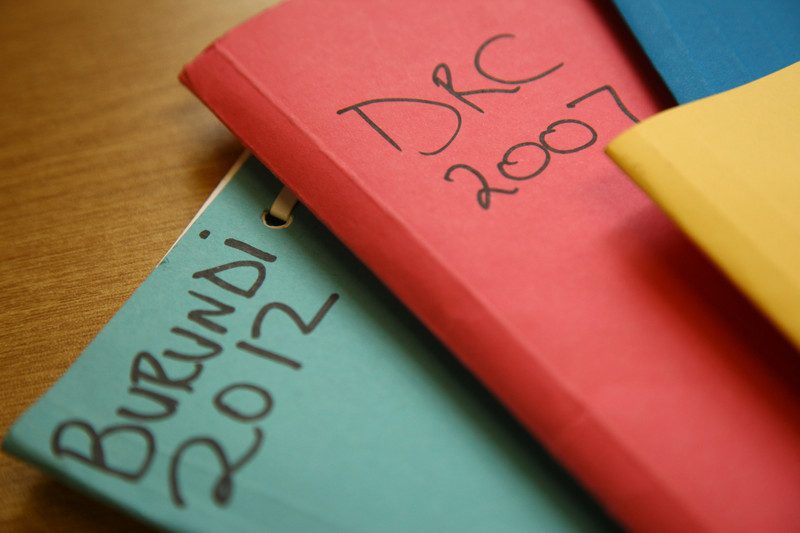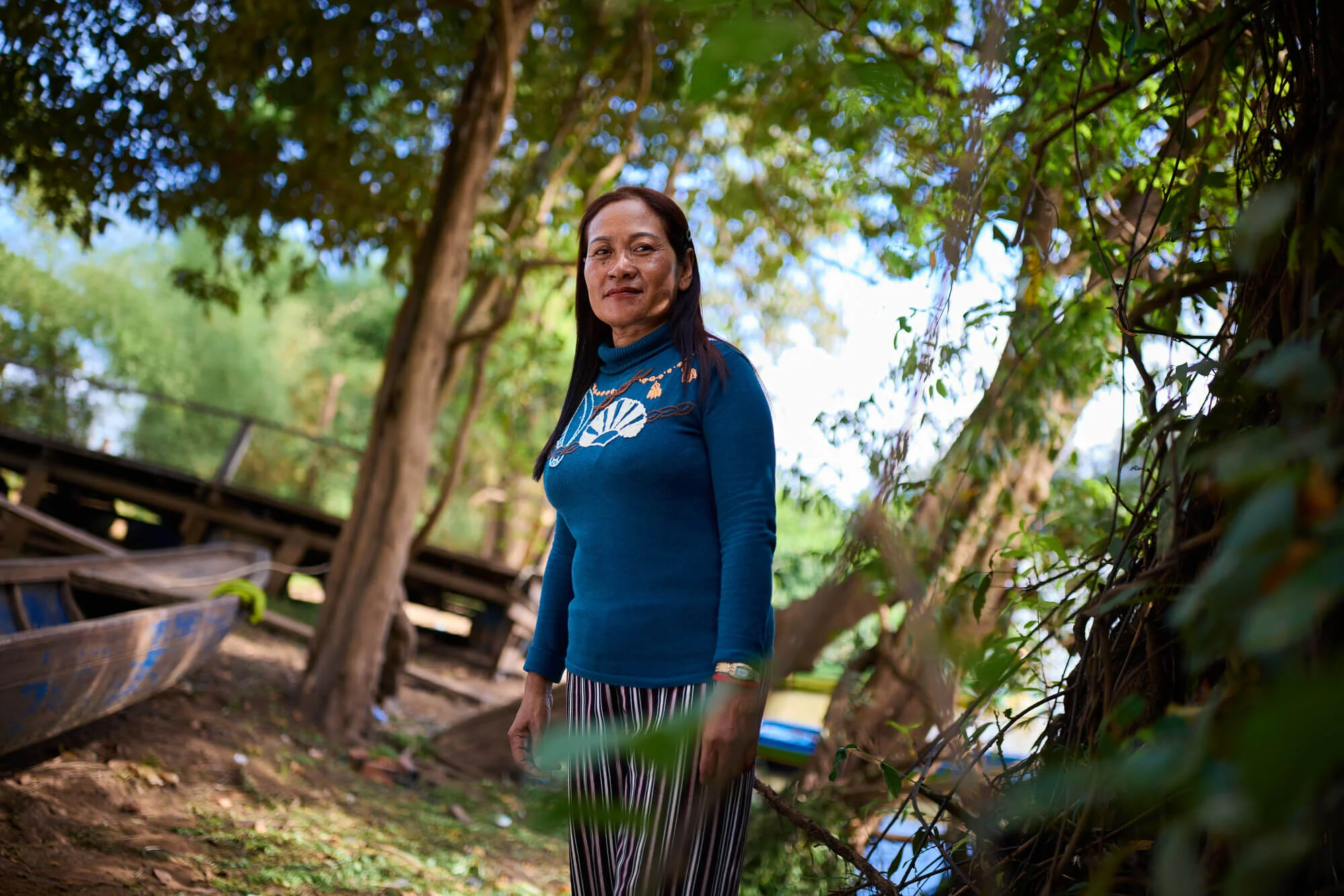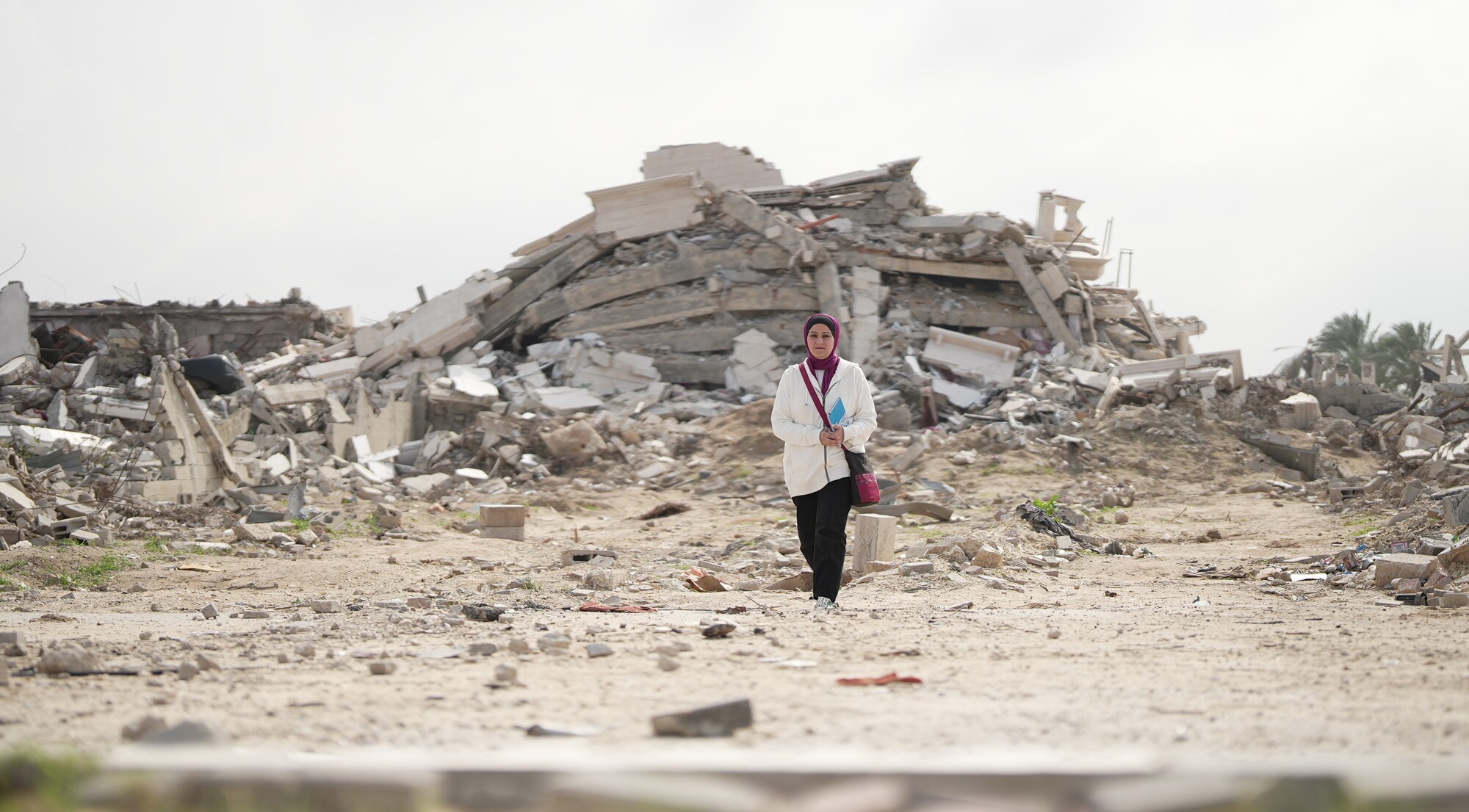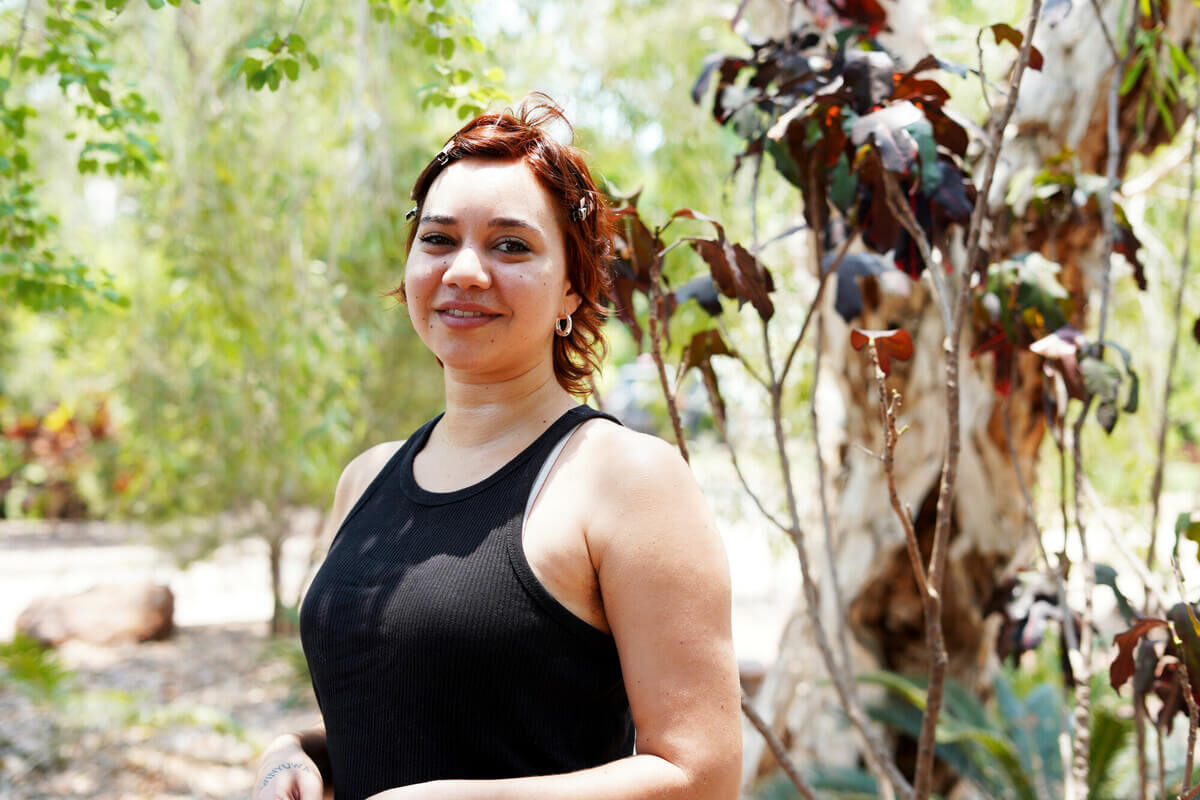When we first met her, RSS’s Director Yasmin Rajah spoke of her organisation’s Oxfam-supported program training refugee women in South Africa to open home-based childcare centres.
This time, she talks about some of the other work RSS does with refugee women, rebuilding their shattered confidence and creating connections for them within their new communities.
Interview by Gladys Ryan
Strength in numbers
Besides training them to set up crèches in their homes, what are some other ways RSS helps refugee women?
We realized there were still mothers staying at home with their kids and that they were still marginalised because of language. And so … we decided to start what we call a Community Wellness Program. And these women go out and speak to women in the community, and they usually ask the women to come together as a group – four, five mums that are in the building, and then they talk about different things.
It could be around early childhood incidents, stimulation of your children, but it also goes on to things like health issues that impact on families: TB, HIV (for example). It could also include information on sexual and gender-based violence, how to cope with it … So this is outreach that happens within the community. We’re not waiting for people to come to us because we realize that not everyone is going to know the organisation.
Then we’ve got language courses for women in particular. We’ve started a craft program which we’re looking at income generation. But also it does more than income generating because people work in a group, and then they get a chance to share, and if you look at the craft work that’s being done, it’s very therapeutic. So there’s a number of positives that come out of this type of work.
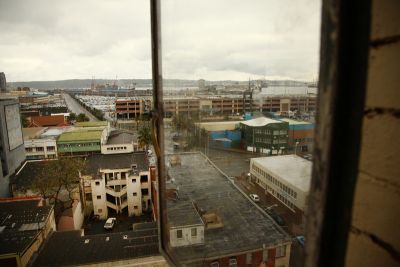
Can you elaborate a bit on your approach to community outreach?
We want to work in partnership with the community … It needs to be integrated, it needs to be holistic. So we try and look at whatever else is happening and see where the person is, what are their strengths, and where do they need to be referred sometimes, for the challenges they face.
But we also use them as partners. We feel they have got a lot to offer their own communities and we just make sure that they can actually do that. We want to build on peoples’ strengths and assets.
We often say to our clients, “We’d prefer to close your file and that’s not negative. We want to close it because we know you are okay, that … we can use you as service providers instead of you coming here expecting assistance from us.”
We believe that the people that have come here are survivors, so for us it’s important to let them see that they’re survivors as well, and they’re not victims.
Survivors, not victims
How do you get them to see that?
I often have a map on the wall and we look at it and say, “Look, you’re coming from there, all the way down here, with children in very, very difficult circumstance. So you obviously are a survivor … why are you then giving away your power? You know, you’ve used all those skills to get here, you’ve shown a lot of strength of character and stuff, you can do it!”
And this is what we try to promote — the people that are here, while they might need a hand when they get here … by and large they are survivors and our job is to help them to reconnect the dots and get going, get back on their feet.
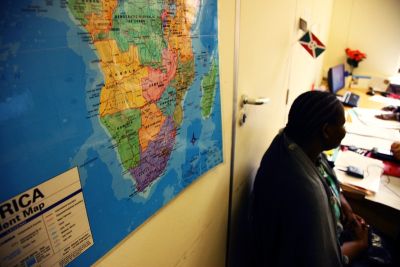
RSS and Oxfam
How do you find partnering with Oxfam?
Oh, we’ve got a great relationship with Oxfam! I think they’ve been one of the funding organizations that we’ve felt most comfortable working with.
What we like about them is that they listen, they… think we’re innovative (and) like to innovate with us. So they give us the space to actually take risks … in the best interests of the community. Throughout the years the work we’ve done with them has always been creative.
They’ve come in at a time when no one else would fund something. Like the home-based care program: the funding we got for the pilot was from (another) fund, but it was only for one year. Oxfam came in at just the right time.
We also pick up a lot of stuff from Oxfam. For instance, they’re always using new technologies.
Their program officers will often tell you about something they found somewhere else, whether it’s other partners doing something similar and you can actually collaborate with them, or just giving you information, or inviting you to workshops on social media. They don’t just say we’re going to work with you on the home-based care and we’re going to fund you for that, and that’s the end of it! You get the sense that they’re also interested in what else you’re doing, to see whether or not they can match you up with somebody that will benefit from what you’re doing or (whether) you can benefit from what they’re doing.
So that exchange of ideas is always good, that cross-pollination.
Find out more
Read part one of Yasmin’s interview
Learn more about our work keeping vulnerable children in South Africa safe
Your donation will help support refugee women setting up home-based creches
